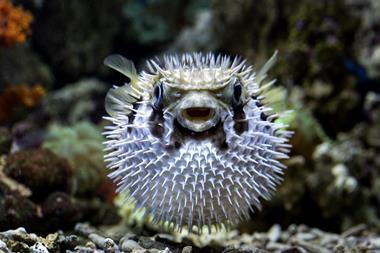Looking into the crystal ball

What does the future hold for chemistry? It’s an impossible question, but I bet if you were to ask all our readers, one prediction we could all agree on would be: more interdisciplinarity.
It may be a cliche to call chemistry ‘the central science’, but cliches are often right. And that centrality could lead to two end points in chemistry’s future. Chemistry, through its close and crucial links with so many disciplines, will surely thrive. But will it survive in its current form?
The trend of working across the boundaries of traditional domains of expertise, not to mention different areas of chemistry, has been increasing for decades. It is these interface areas that produce the most exciting research that we cover. But as chemists – or perhaps people with chemical skills – migrate to study interesting problems normally part of other subjects’ areas, does ‘traditional chemistry’ risk losing them?
If chemists create a synthesis machine, will that remove the need for vast legions of process chemists across the world? And would the creation of computer programs that can discover new compounds and even new reactions do away with bench chemists? It is a possibility we must consider, no matter how remote it feels at the moment.
For chemistry to survive and thrive in the future, it seems to me we must embrace both of these disruptions, grasp both the nettles. Taking a lead in multidiscipline, high-imact research projects will not only do wonders for your h-index, but also raise the profile of chemistry. It is only by applying our skills and knowledge in new areas that we truly advance science.
The other nettle is perhaps thornier – how can one group of chemists look to put another, probably larger one, out of work? How can they put such dangerous ‘black boxes’ in the hands of people who don’t know what they’re doing? But such Luddite reactions miss the point of these endeavours: by freeing the hands and brains of chemists from the, let’s be honest, physical drudgery and routine problem solving of synthesis, they are looking to accelerate the pace of research dramatically.
What questions could you ask if you weren’t forever worrying about the that tricky mid-part of the synthesis, or setting up the many reactions to do it? What new parts of chemical space would you explore if if you had tools beyond your wildest dream?
To put it another way, the best route to avoid being replaced by a synthesis machine is to be the best at using one!












No comments yet